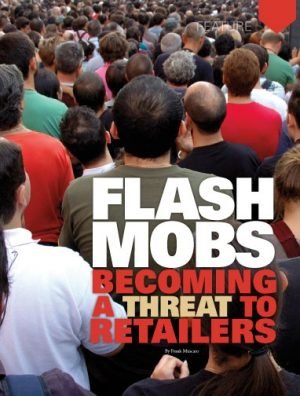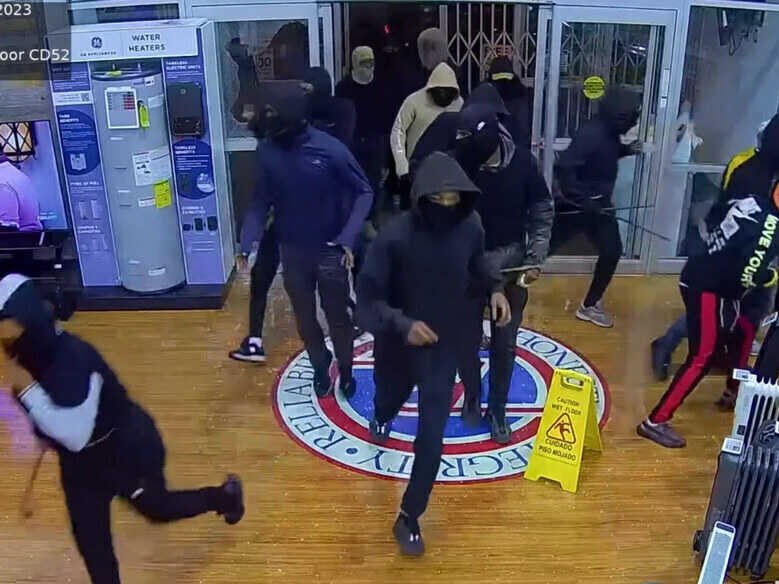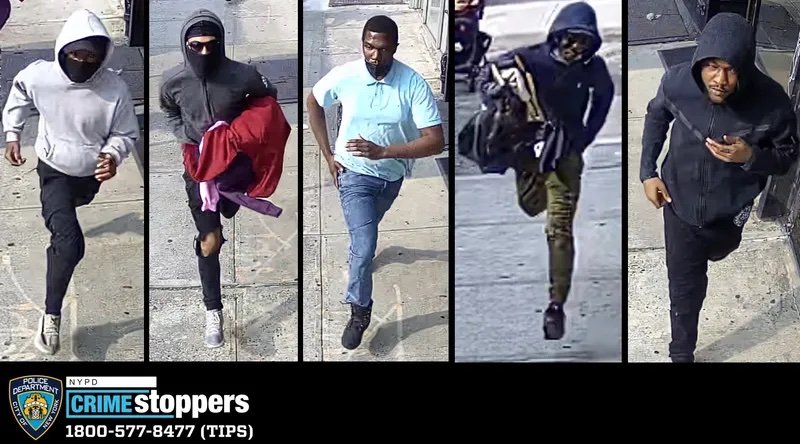TikTok, How Psychological Warfare Threatens Our Minds and Future: Protecting Our Children in a Digital Age"
TikTok, the app that has taken the world by storm, is now facing some serious heat. You might have heard whispers about it being banned or causing trouble, but what's really going on and what is psychological warfare? Dr. Jada is here to break it down.
Psychological warfare is like a mind game, where one side strategically attempts to confuse the other side's thoughts and feelings to gain an advantage. Consider this, if someone continued to tell you scary stories or tried to make you doubt yourself—all to make you feel unsettled and unsure. That's the idea behind psychological warfare. Now, when it comes to our country, this kind of warfare can be extremely dangerous. It can cause people to question what's true and what's not, leading to confusion and distrust. And for our children, who are growing up in a world where technology is everywhere, it's even more concerning. Children are like sponges, soaking up everything they see and hear online. If they're exposed to this kind of psychological manipulation from a young age, it could shape the way they think and feel about things for years to come. It's like planting seeds of doubt and fear that could grow into larger problems down the road. So, yes, it's crucial to be aware of these tactics and to teach our kids how to think critically and protect themselves from being manipulated.
What's the Buzz About TikTok?
Now, let’s talk about TikTok. Simply put, it’s a fun little app where you can watch short videos of people dancing, lip-syncing, or just being silly. It's been a hit, especially among young people who can't seem to get enough of it. But lately, there's been talk about TikTok being a potential threat to the United States. Why? Well, it's owned by a company based in China, and our leaders are worried that China might negatively use all the data TikTok collects from its users.
Why the Worry?
Remember, while you're scrolling through TikTok, watching funny videos, and liking posts. Little do you know, TikTok is quietly collecting information about you—what you like, who you follow, and more. Sounds a bit creepy, right? The concern is that this data could end up in the wrong hands, like the Chinese government, and be used for who-knows-what.
Think about it, if someone knew everything about you—what you do, where you go, who you talk to. Now, think about what could happen if that someone was a whole country, like China. They could potentially keep an eye on people in the U.S., even government leaders and our military. A little unsettling, right? But it doesn't stop there. They could also use all that info to get into our heads, spreading lies and causing chaos. Plus, they might try hacking into our computers or stealing secrets from American companies. It's like giving them the keys to our digital kingdom, and that's not something we want to happen.
The Government Steps In
So, what's being done about it? Recently, the House of Representatives passed a bill that could lead to TikTok being banned in the U.S. This bill got support from both Democrats and Republicans, showing that people from all sides are taking this issue seriously. Now, it's up to the Senate to decide whether TikTok stays or goes.
What Can You Do? Protect Our Kids from Digital Dangers
Set Boundaries: Establish clear rules for TikTok usage, such as limiting screen time, prohibiting interaction with strangers, and monitoring the content they consume. Encourage open communication with your kids so they feel comfortable discussing their online experiences and any concerns they may have.
Educate About Privacy: Teach your children about the importance of privacy online and the risks associated with sharing personal information. Emphasize the need to keep private details like their full name, address, school, or phone number off their profiles. Encourage them to be cautious when engaging with strangers and to report any suspicious or inappropriate behavior.
Use Parental Controls: Take advantage of parental control features available on TikTok and other devices to restrict access to certain content, manage screen time, and monitor your child's online activity. Regularly review their account settings and privacy options to ensure they're adequately protected. Additionally, consider using third-party monitoring apps or software for added peace of mind.
Now, if you're a TikTok fan, you might be wondering what you should do if the app gets banned. Don't worry, I’ve got you covered:
Explore Alternatives: There are plenty of other apps out there for sharing videos and connecting with friends. Take some time to check them out and see if there's one you like.
Stay Informed: Keep an eye on the news to see what's happening with TikTok. Things could change quickly, so it's important to stay updated.
Protect Your Privacy: Be careful about what information you share online, not just on TikTok but on any app or website. Your privacy is important, so think twice before giving out personal details.
Speak Up: If you're worried about TikTok or any other app, don't be afraid to talk about it. Share your concerns with your friends, family, or even your lawmakers.
What's Next?
Whether TikTok stays or goes, this debate is about more than just an app. It's about privacy, national security, and protecting American rights. So, no matter what happens, it's important to stay informed and speak up about issues that matter to you. Who knows, maybe you'll be part of the change.











